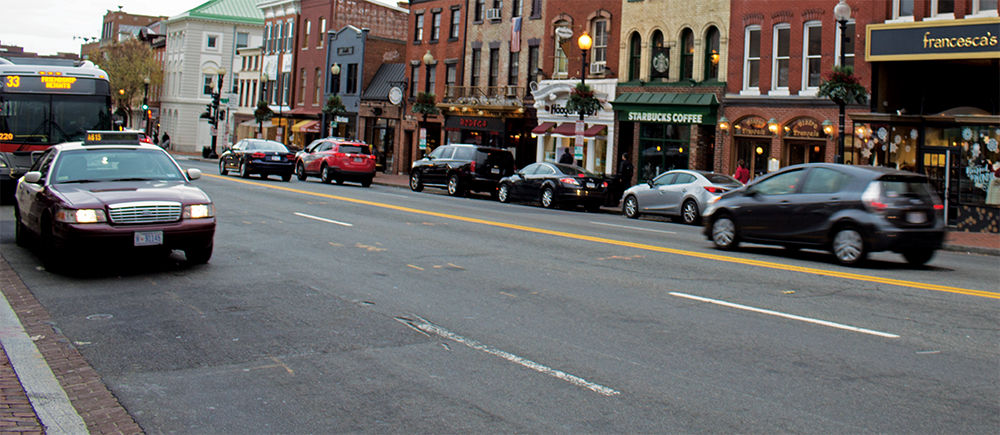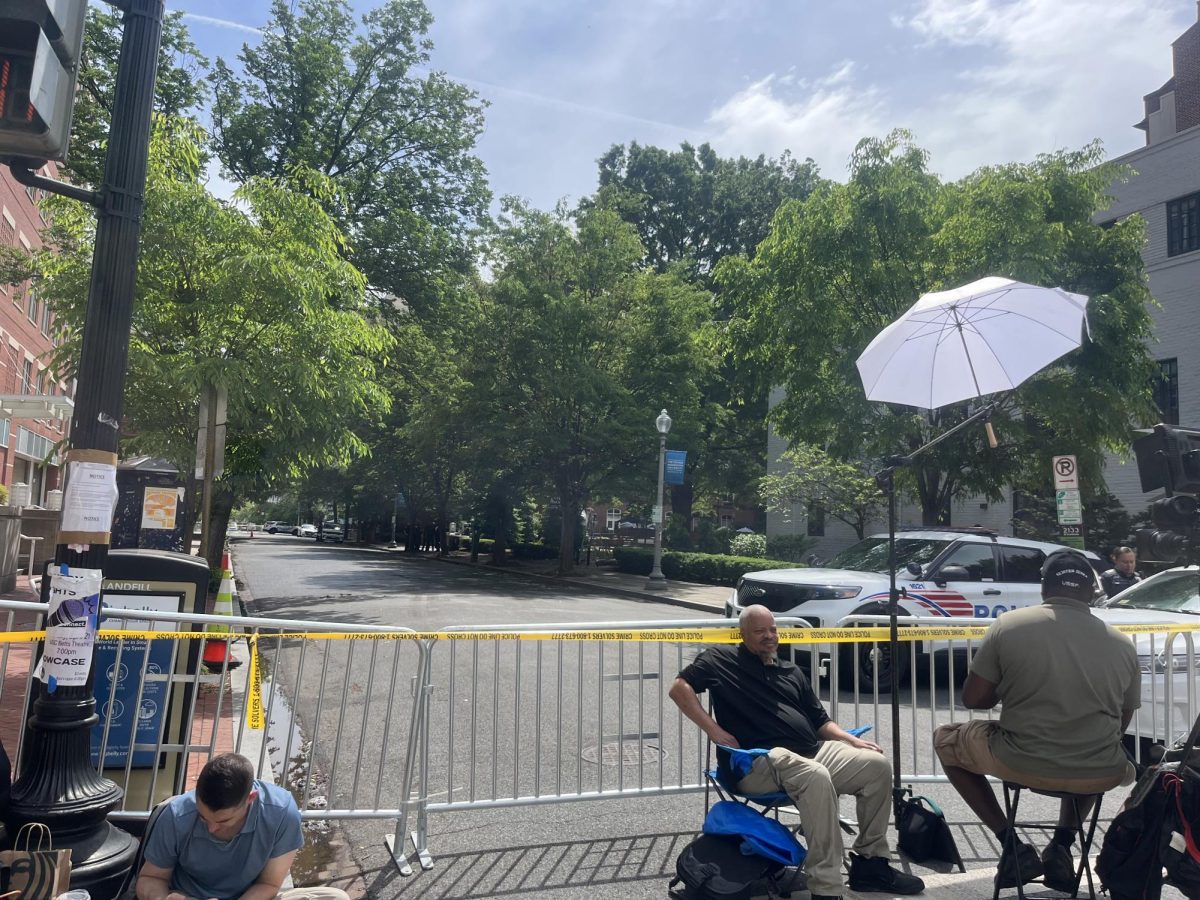The cost of ride-sharing services like Uber and Lyft is expected to increase in 2019 when a tax that will help fund the Washington Metropolitan Area Transit Authority takes effect.
Washington, D.C. Mayor Muriel Bowser (D) signed the Dedicated Funding for the WMATA Emergency Act of 2018 on April 13. Authored by D.C. Councilmember and Chairman of the Metro Board Jack Evans (D-Ward 2) and passed unanimously by the Council, the bill authorizes the District to collect taxes to fund WMATA.
The legislation allocates $178.5 million per year in dedicated funding for WMATA through the 2059 fiscal year. These funds constitute the District’s share of an $500 million per year joint commitment with Virginia and Maryland to fund WMATA.
The Virginia General Assembly pledged $154 million per year to Metro funding March 7 on the condition that Maryland and D.C. also increase their contributions. Bowser pledged $178 million per year in her State of the District address March 15.

The decision was part of a negotiation between Virginia, Maryland and D.C., by which each party would provide the $500 million that Metro’s leadership argued is necessary to make Metrorail a world-class system.
The additional funding aims to fix issues with Metro’s infrastructure, Bowser said. Metro plans to use the money to buy new rail cars and buses, upgrade track and power systems, modernize stations and make other broad improvements, according to a March 22 article in The Washington Post.
“The region has been working for years to solve the dedicated funding question, and now we finally have a path forward,” Bowser said in an April 13 news release. “With this commitment, we will get Metro back to a state of good repair so that Washingtonians have access to a safe and reliable Metro system for years to come.”
Bowser’s budget and financial plan for fiscal year 2019, a $14.5 billion budget, proposes funding the commitment through several channels that will remain sustainable and competitive in the future.
About $80 million of the annual revenue will come from increased taxes, including the ride-share tax. The commercial property tax rate is set to increase by 2 cents, and the sales tax will rise to 6 percent from 5.75 percent.
The tax on “for-hire” vehicle services such as Uber and Lyft will rise to 4.75 percent from 1 percent and is projected to account for nearly 10 percent of the $178.5 million allocated to WMATA funding.
Any increase in the tax will ultimately be reflected in the cost paid by users of ride-sharing apps, according to Uber CEO Dara Khosrowshahi.
This increase would bring the cost of using ride-sharing services up to that of taxis, which are taxed at 50 cents per trip, according to a March 21 articlein The Washington Post.
The increased tax burden will likely fall on riders unable to access Metro transportation, Lyft Communication Manager Campbell Matthews wrote in an email to The Hoya.
“While we are supportive of efforts to improve transit options, it is also critical that rideshare remains affordable for the tens of thousands who rely on Lyft in DC – particularly those who live further from transit or need a ride when public transit doesn’t operate,” Matthews wrote.
The announcement of the tax follows an expanding partnership between the District and Uber, first announced at an April 11 panel discussion with Bowser and Khosrowshahi at Uber’s new Greenlight Hub, a location where drivers can receive in-person support.
Prior to the funding commitment, Metro was the only subway system in the United States that lacked consistent funding.
“Achieving a dedicated funding source for Metro is truly a historic occasion,” Evans said in the April 13 news release. “With these resources, soon, Metro will be able to adequately address deferred maintenance issues with the goal of making the system reliable and safe for riders.”
The tax on for-hire vehicle services follows the success of a similar policy passed last fall in Chicago to raise the tax to 52 cents from 37 to fund the Chicago Transit Authority.




















